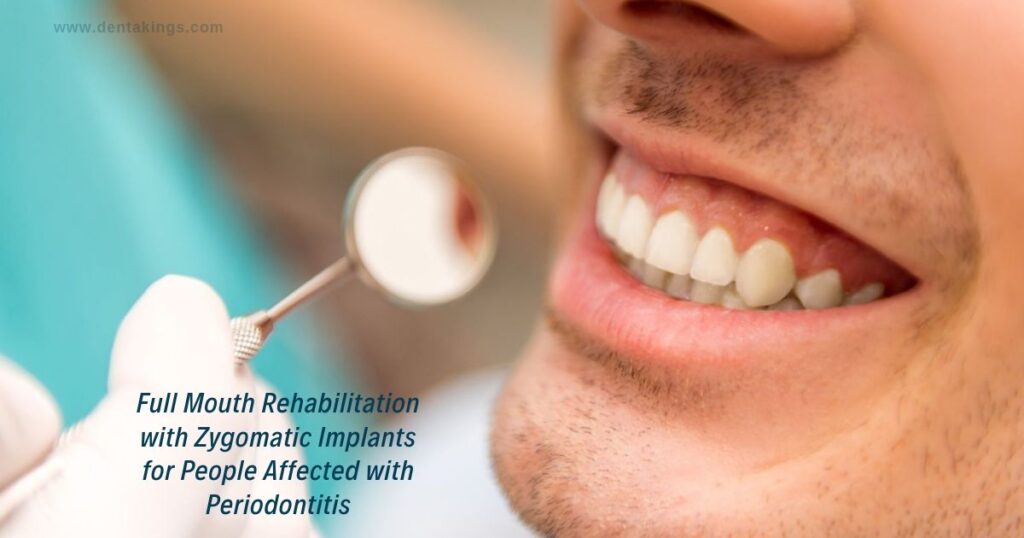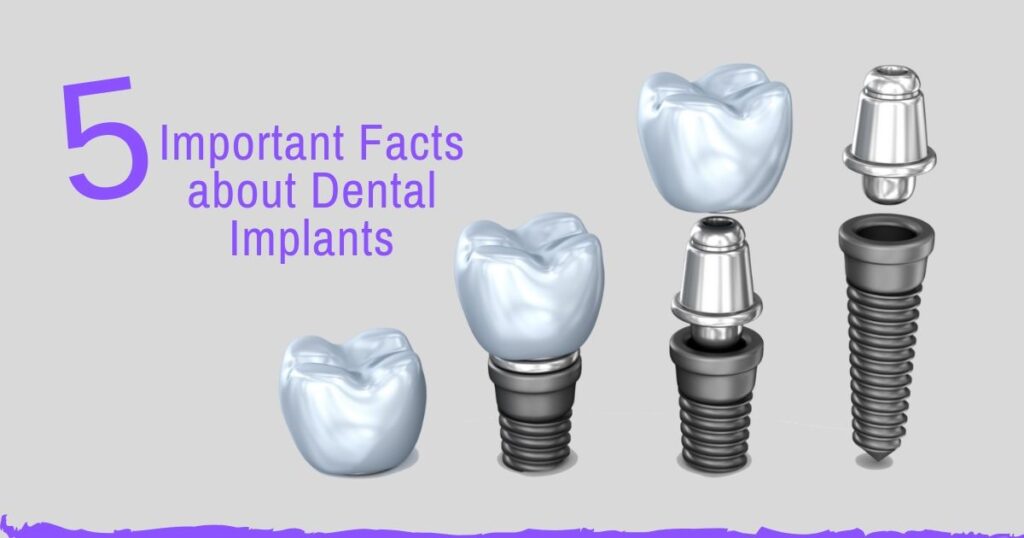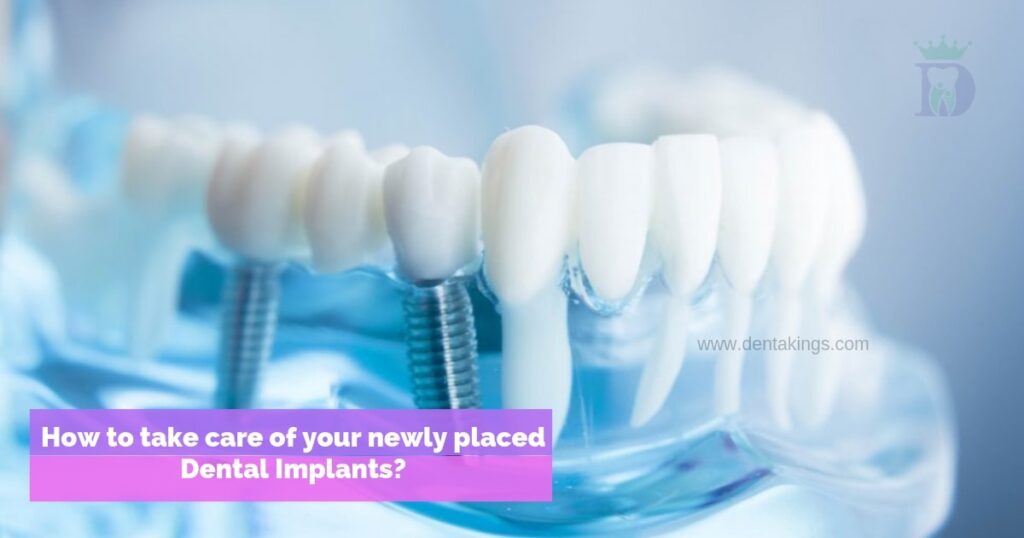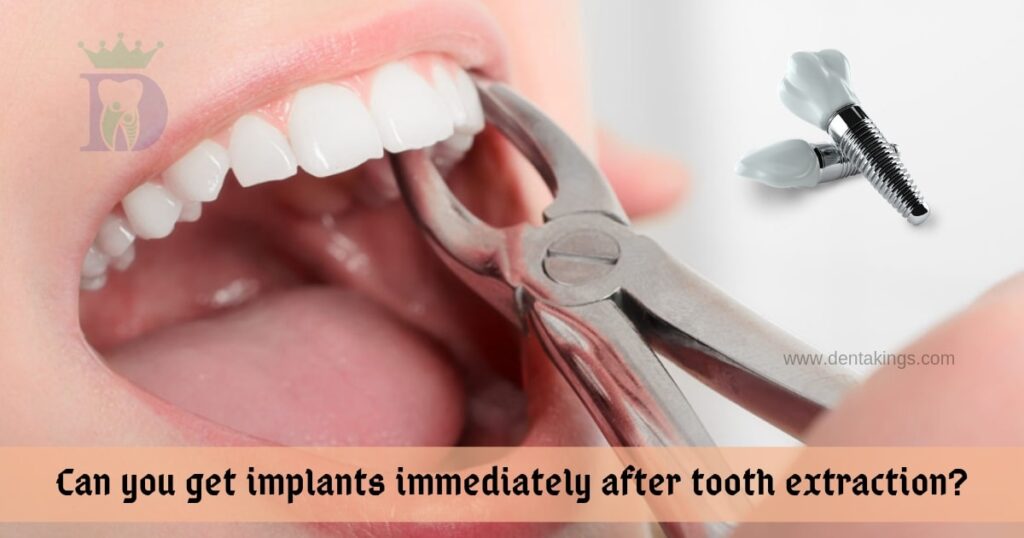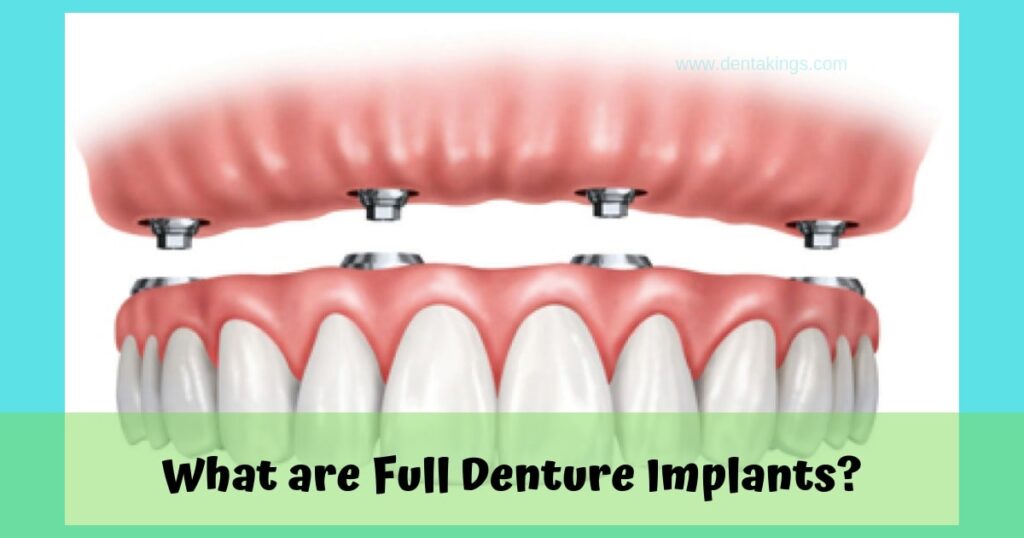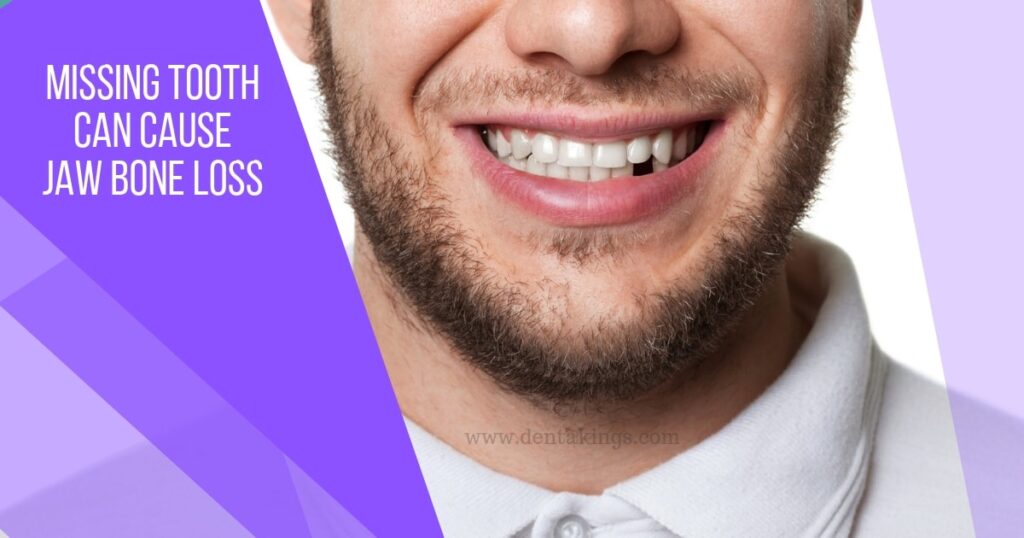Benefits of Bone Grafts
Our teeth play a vital role in biting, chewing, and speaking. It is also interesting […]
Full Mouth Rehabilitation with Zygomatic Implants for people affected with Periodontitis
Periodontal disease is an advanced gum disease that is caused by the bacteria present in […]
5 Important facts about Dental Implants
Tooth loss can occur due to tooth decay, periodontal disease, or even due to trauma […]
Can people with heart diseases get dental implants?
There is no other better replacement than Dental Implants for the loss of one or […]
How to Care for your newly placed Dental Implants?
Dental Implants have become a common surgical procedure in the field of dentistry. With modern […]
Can you get implants immediately after tooth extraction?
Tooth extraction procedures are done only when the tooth has decayed beyond salvage point. In […]
What are Full Denture Implants?
If all or most of your teeth are missing or decayed beyond a point of […]
Can you get Dental implants in one day?
The answer to this is a resounding yes. You can get dental implants in just […]
Dental Implants arrest bone loss in the jaw
Missing teeth cause jaw bone loss due to the absence of stimulus. As a result, […]
How missing teeth can cause bone loss in the jaw?
We often associate missing teeth with a poor smile and bad facial aesthetics. Though this […]



